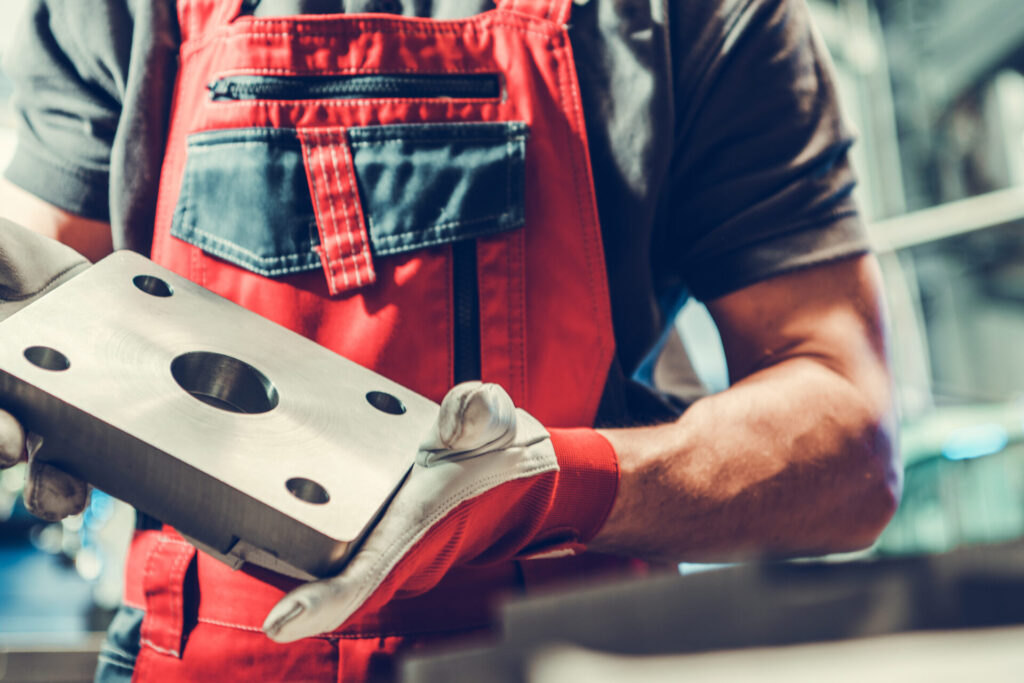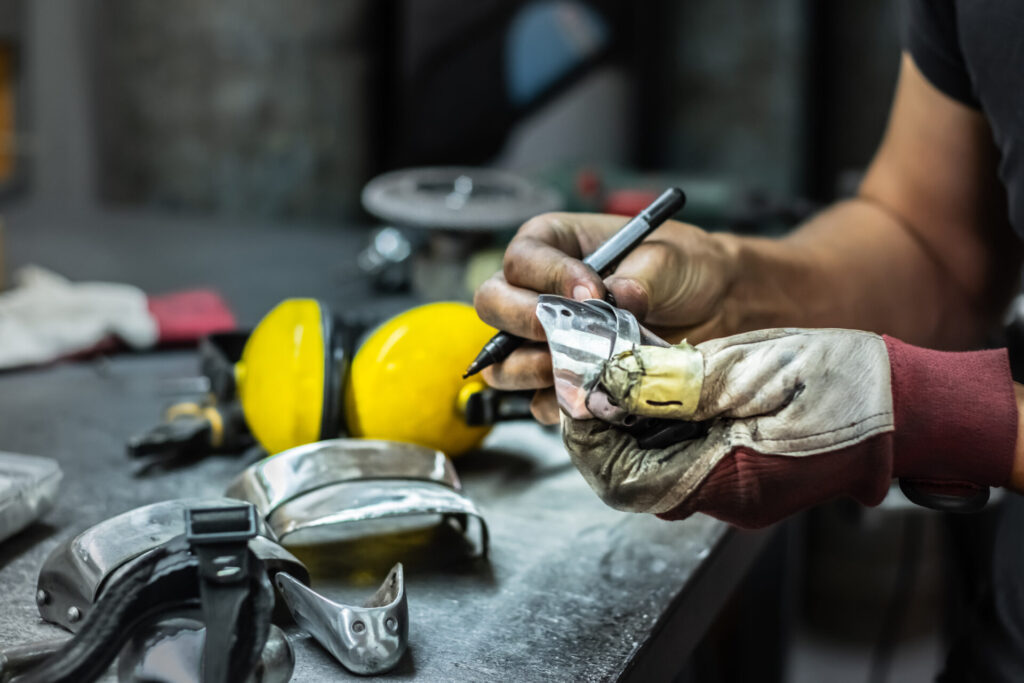Metals are important in many industries and help us build, design, and create new things in materials science. At Millennium Specialty Alloys, Kelowna’s metal experts, we pride ourselves on supplying a diverse array of high-quality metals—from sturdy carbon steel to versatile aluminum sheets.
This blog will talk about different types of metals, how they are used, and answer common questions about them. If you are an engineer, builder, or hobbyist, understanding the unique properties and uses of different metals can enhance your projects. It can also assist you in making more informed decisions about materials.
What are the different forms of metals?
Metals are versatile elements found in various forms, each suited to specific applications. At Millennium Specialty Alloys in Kelowna, we provide a diverse range of metal forms, including aluminum sheets, stainless steel sheets, and expanded metal products.
Each metal type has unique properties making it ideal for different industrial, commercial, and residential uses. Aluminum sheets are commonly used for their lightweight and corrosion-resistant properties, making them ideal for automotive and aerospace applications.
How many types of metals are present currently?
Currently, over 80 different types of metals are classified into various categories based on their physical and chemical properties. These include precious metals like gold and silver, base metals like iron and copper, and rare earth elements. Millennium Specialty Alloys often feature combinations of these metals to enhance characteristics such as strength, ductility, and resistance to corrosion.
What is a list of 3 important metals?
1. Aluminum: Known for its light weight and strength, aluminum is crucial in construction and packaging industries. Aluminum plates and tubes are common forms used in these sectors.
2. Iron: As the primary component of steel, iron’s versatility makes it indispensable in building infrastructure and manufacturing machinery.
3. Copper: Essential in electrical equipment due to its excellent electrical conductivity, copper is also used in building construction and renewable energy systems.
How to tell what metals are in something by looking at it?
Identifying metals visually involves examining characteristics like colour, luster, and markings. For example, aluminum generally has a dull silver finish, while copper features a distinctive reddish-brown colour. Metal workers use tools and tests, including magnetism and chemical analysis, to accurately identify metal types.
How can you classify metals and what are the properties?
Metals can be classified into several categories:
- Ferrous Metals: Contain iron, magnetic, prone to rust (e.g., carbon steel, stainless steel).
- Non-Ferrous Metals: Do not contain iron, not magnetic, more resistant to corrosion (e.g., aluminum, copper).
- Alloys: Combinations of metals that enhance certain properties, like strength or resistance to wear (e.g., brass is an alloy of copper and zinc).
The properties to consider include conductivity, malleability, ductility, and resistance to corrosion. Millennium Specialty Alloys offers a range of products, including steel tubes and square metal tubing, each tailored to exploit these properties for specific applications.
What are the different categories of metals?
Metals are broadly categorized into three groups:
1. Base Metals: Common and inexpensive metals like iron and copper.
2. Noble Metals: Highly corrosion-resistant metals, often precious, like gold and platinum.
3. Heavy Metals: Dense metals that can be toxic, such as lead and mercury.
These categories help in determining the applications and handling requirements of different metals.
What are the most important metals in materials?
Some of the most crucial metals in material science include:
- Aluminum: Extensively used in transportation and packaging due to its light weight and recyclability.
- Steel: Forms the backbone of construction and manufacturing sectors; stainless steel, in particular, is valued for its aesthetic appeal and durability.
- Titanium: Known for its strength and light weight, titanium is critical in aerospace and medical industries.
Millennium Specialty Alloys specializes in providing these and other metals, tailored to meet the needs of diverse industries in Kelowna and beyond.
Understanding the types and forms of metals is crucial for selecting the right materials for any project. From aluminum tubes in aerospace to carbon steel in construction, metals play an integral role in modern industry. Millennium Specialty Alloys is your trusted partner in Kelowna, offering expert advice and a wide range of metal products to meet all your project needs. Explore our product range online and learn more about how we can assist with your specific metal requirements.
Whether you’re in need of aluminum in Kelowna or more specialized products like stainless steel sheets, remember that choosing the right type of metal can significantly influence the efficiency, cost, and success of your applications.


